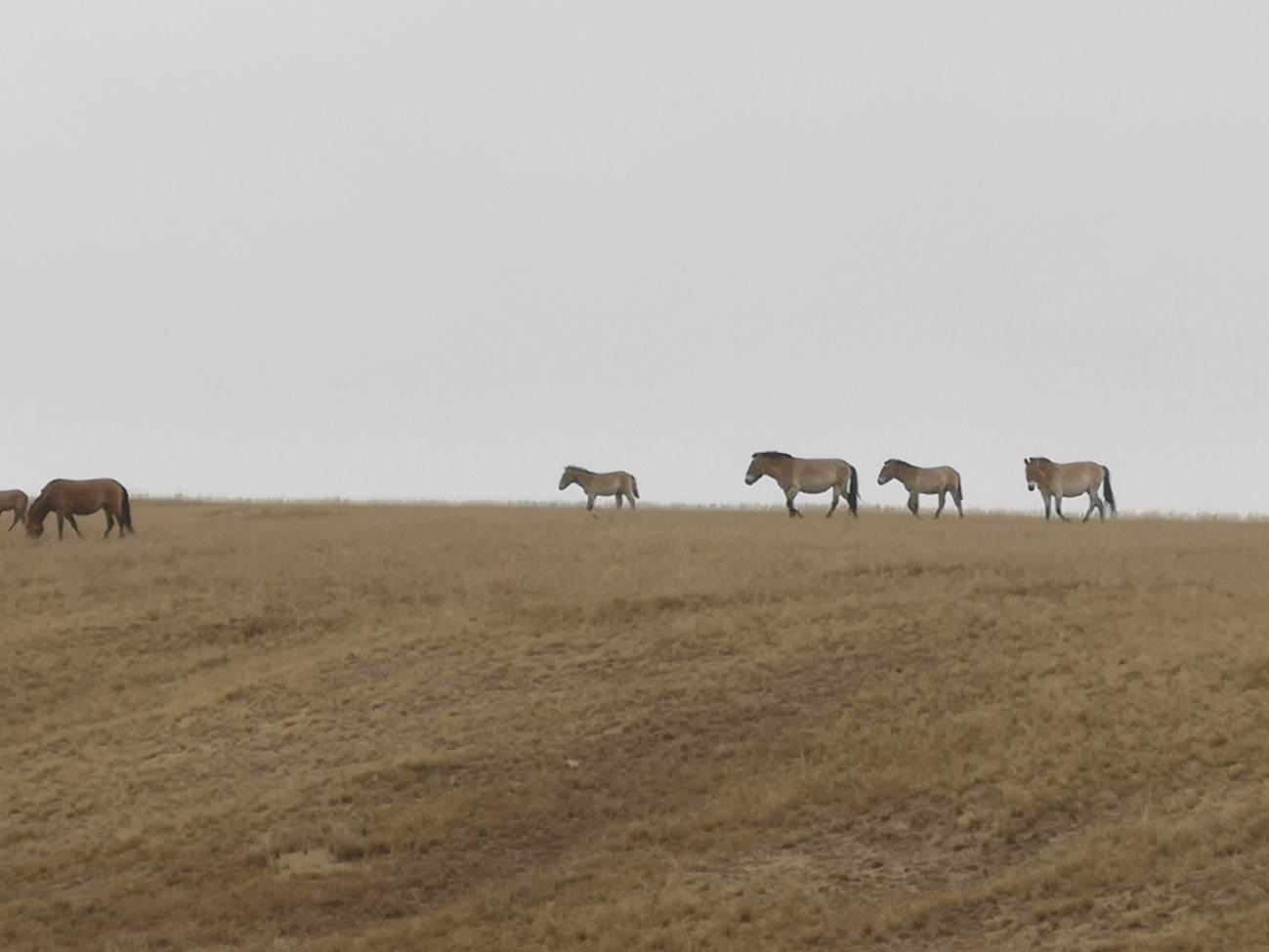The World Organisation for Animal Health (WOAH) Regional Representation for Asia and the Pacific (RRAP) and the International Council for Game and Wildlife Conservation (CIC) jointly organised a workshop to enhance inter-sectoral collaboration to help address disease surveillance in wildlife in Mongolia.
WOAH Members have several responsibilities relating to disease reporting requirements, which cover both domestic animals and wildlife. Wildlife disease surveillance is important for several reasons, including risks from transboundary animal diseases in livestock and wildlife, potential zoonoses, conservation of endangered species and effects on biodiversity, positive health benefits to humans from spending time in nature, and economic value associated with all these factors.
The two main objectives of the WOAH Wildlife Health Framework are (i) Members improve their ability to manage the risk of pathogen emergence in wildlife and transmission at the human-animal-ecosystem interface, whilst taking into account the protection of wildlife, and (ii) Members improve surveillance systems, early detection, notification and management of wildlife diseases. Mongolia is rich in biodiversity and has a large livestock population, with frequent interactions between domestic animals and wildlife species. Thus, infectious and non-infectious diseases are often common between animals. In line with the WOAH Framework objectives, the General Authority for Veterinary Services (GAVS) in Mongolia is engaging with several stakeholders across sectors to work on wildlife health and other wildlife-related issues.
A multi-stakeholder meeting to discuss wildlife health in the country was organised by CIC and WOAH on 3rd August 2022. At this workshop on 5th – 6th October 2022—organised by WOAH RRAP jointly with CIC and the General Authority for Veterinary Services (GAVS) in Mongolia—over 60 participants from different sectors met to discuss wildlife disease surveillance. Participants also joined online to provide further national and international input. Simultaneous interpretation between Mongolian and English enabled a rich discussion.
Attendees shared their current activities on wildlife disease surveillance in Mongolia. During small group discussions, gaps and needs in surveillance were identified and prioritised. By the conclusion of the workshop, key solutions and a work plan had been developed for the priority areas. These were critiqued for approval and future action by the WOAH Delegate for Mongolia, Dr Batchuluun Damdinjaw.
Workshop details
Date: 5 – 6 October 2022
Location: Onsite in Ulaanbaatar, Mongolia, with online participants via Zoom®.
This workshop was organised thanks to funding from the Japan Trust Fund, General Authority for Veterinary Services (GAVS) in Mongolia, and CIC. WOAH extends special gratitude to local organisers from the State Central Veterinary Laboratory (SCVL).
Resources and further reading
Banner photo credit: Sebastian Winkler
